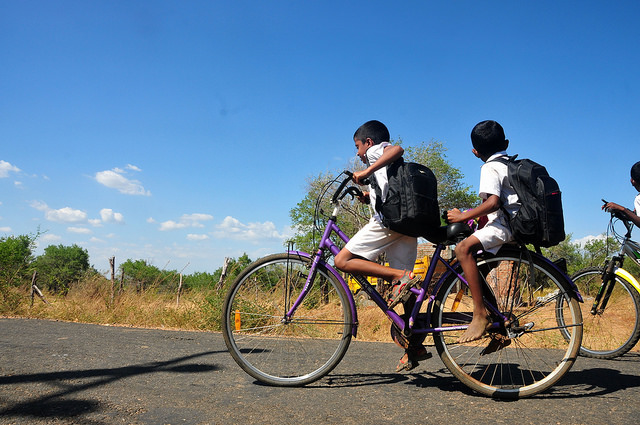The survey was done to find out the impacts of the the ongoing socioeconomic crisis in Sri Lanka.
“Of the 2,871 households we interviewed, 34 percent households said their children’s education has been affected due to the economic crisis and 60 percent said they see an increase in risk of children
dropping out from school at an early age,” Dr. Sinha Wickremesekara, a member of the research group told reporters on Friday (14).
The education system has been disturbed due to schools were closed since early 2020 due to Covod-19 outbreak amid teachers were unable to complete the syllabus for the children. The virtual classes have failed to achieve desired results due to technology gap in rural areas.
Severe economic crisis since early 2022 along with a fuel shortage, schools were forced to close again on several occasions with both children and teachers being unable to attend the school on a daily basis as the public transportation was affected.
Under the Sri Lankan law, it is compulsory for all children under 16 years of age to get education and all people under the age of 18 is considered as children.
Wickremesekara said, of the three sectors the survey was conducted, the estate sector has been the most affected with 7 percent of the 300 households of 10 estates said they have stopped their children’s education due to unaffordability. (Colombo/Oct15/2022)
By CHANKA JAYASINGHE. EN
